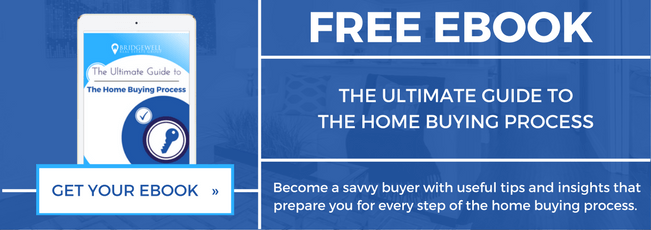Restrictive Covenant
Everything You Need to Know About Restrictive Covenants in Real Estate
When buying a home, it’s extremely important to know exactly what you’re getting in to.
This blog is to explain what a restrictive covenant is, and what it means when buying or selling a property.
Restrictive covenants in real estate are something that you’ll find on the title search, and while not every home has a restrictive covenant, you’ll certainly want to know in advance as they will restrict what you can do with either the lot or the house itself.
If you are going to be restricted – you’ll want to know in advance! So read this blog for everything you need to know about restrictive covenants in real estate.

When buying a home, make sure you know if there are any restrictive covenants or charges.
What is a restrictive covenant in real estate?
A restrictive covenant is a type of contractual arrangement which limits the owner of the land to what they can do with their property. They are intended to enhance property values by controlling development and creating uniformity.
These covenants are attached to a property title and registered at BC Land Titles office. Restrictive covenants operate outside of and in addition to municipal zoning bylaws and city restrictions.
It is extremely important that you know the charges, covenants, and easements registered to the property before you decide to purchase it, as it may restrict your future plans for building.
Does a restrictive covenant run with the land?
Yes, a restrictive covenant runs with the land. Therefore, a person who purchases a lot with a restrictive covenant on title must honour the building limitations of this restriction.
When an owner sells the property to a new purchaser, the new owner must be aware of the covenant so that they can comply as well.
What is an example of a restrictive covenant?
Realtors often see covenants restricting tree height and building size to protect views of nearby neighbours.
In the past, restrictive covenants were also used by developers to create uniformity when building. They ensured consistency in the type or colour of roof, fencing material, or siding material.
What if I don’t comply with the restrictive covenant?
If a homeowner does not comply with the restrictive covenant and therefore disregards the restrictions then any other person who lives in the community is entitled to go to the court to enforce it. There may be other neighbours who are required to comply to the same covenant, or it might be the person who registered the covenant that will be enforcing the restriction. If successful, this could include a court order for the forced removal of the non-complying structure.
How can I figure out if a property has a restrictive covenant?
The title search on a property will show whether you have a restrictive covenant registered on the property. Your realtor should obtain a title search when you put an offer in on the property.
If you are a home seller, you can obtain a title search from your realtor or from the local land title office.
If you have plans to build on the property, it is extremely important that you understand the restriction associated with the property prior to obtaining a firm deal on the home/lot.
Buying or selling a home with a restrictive covenant
Whether or not restrictive covenants are an issue depends completely on how you intend to use the property and whether you intend to build in the future.
If you have no intention of re-building your home substantially, then restrictive covenants provide much benefit in the fact that cosmetically all of the homes in the community are consistent and uniform.
Ultimately, when selling or buying a home, make sure that all parties involved are aware of the restrictive covenant and what it means. If you’re a buyer, find out what the restriction is and whether it is about the height of the building, building material, the use of the land, or something else.
—
Thinking of buying a property? Thinking of selling a property with a restriction? Call or text Bridgewell today at 604-319-0200 and we will walk you through everything you need to know to keep you protected. Or email [email protected].



